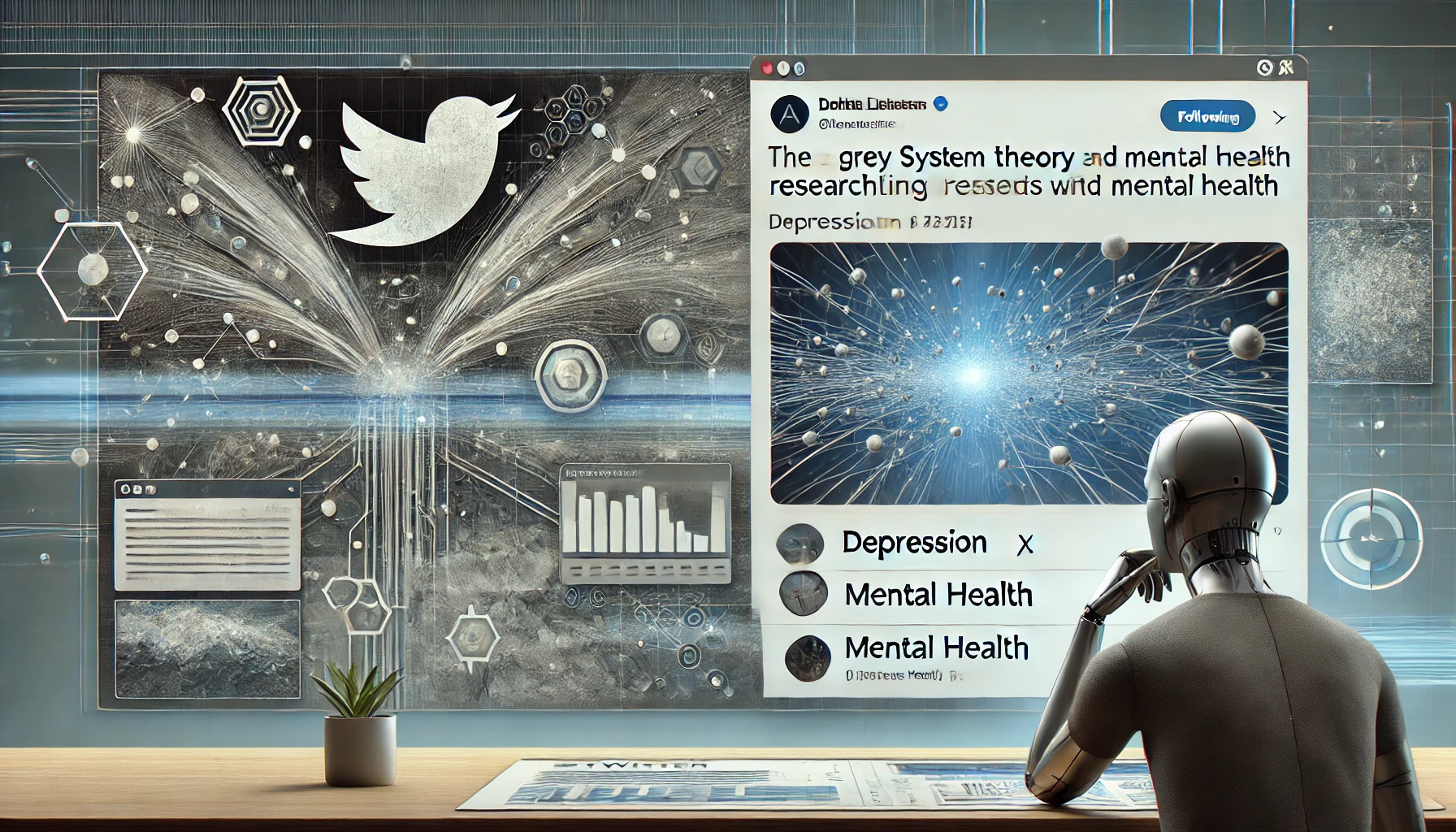In a groundbreaking study published in the Journal of Radiation Research and Applied Sciences, a team of researchers led by Dr. Muhammad Nawaz from the Nanjing University of Aeronautics and Astronautics has developed an innovative framework that leverages artificial intelligence (AI) and advanced computational techniques to identify signs of depression through social media activity. By combining Natural Language Processing (NLP), Grey Relational Grade (GRG) analysis, and machine learning, the study analyzed millions of tweets and achieved remarkable accuracy in classifying them into “stressed” or “not stressed” categories, offering a transformative approach to mental health detection in the digital age.
The researchers analyzed 1.6 million tweets, employing NLP to extract features and GRG to investigate the relationships between engagement metrics, such as likes and shares, and depression-related content. One of the standout findings was the robustness of GRG in handling datasets of varying sizes, demonstrating its effectiveness in large-scale analyses. The study also introduced an Equal Distribution and Selection Approach (EDSA), a method for efficiently extracting representative samples from extensive datasets for GRG application.
Machine learning models further enhanced the study’s impact, achieving high performance in identifying depressive content. Among the algorithms tested, the Random Forest Classifier stood out with an impressive 97% accuracy, while Logistic Regression, Support Vector Machines, and XGBoost Classifier yielded accuracies of 96%, 95%, and 96%, respectively.
Beyond its technical achievements, the study underscores the potential of social media platforms like Twitter to serve as non-invasive tools for real-time mental health monitoring. The researchers advocate for integrating multimodal data from platforms such as Facebook or Instagram and employing advanced algorithms like BERT or GPT to improve contextual understanding and scalability.
This pioneering research highlights the importance of computational models in addressing global public health concerns like depression. By combining GRG analysis and machine learning, the study offers a novel and effective framework for early detection of mental health issues. The findings open avenues for further research and innovation, emphasizing the need for ethical considerations in leveraging social media data for public health diagnostics.
As technology continues to evolve, this study serves as a compelling example of how AI and data science can be harnessed to tackle pressing global challenges, bringing hope for more accessible and proactive mental health interventions in the future.
